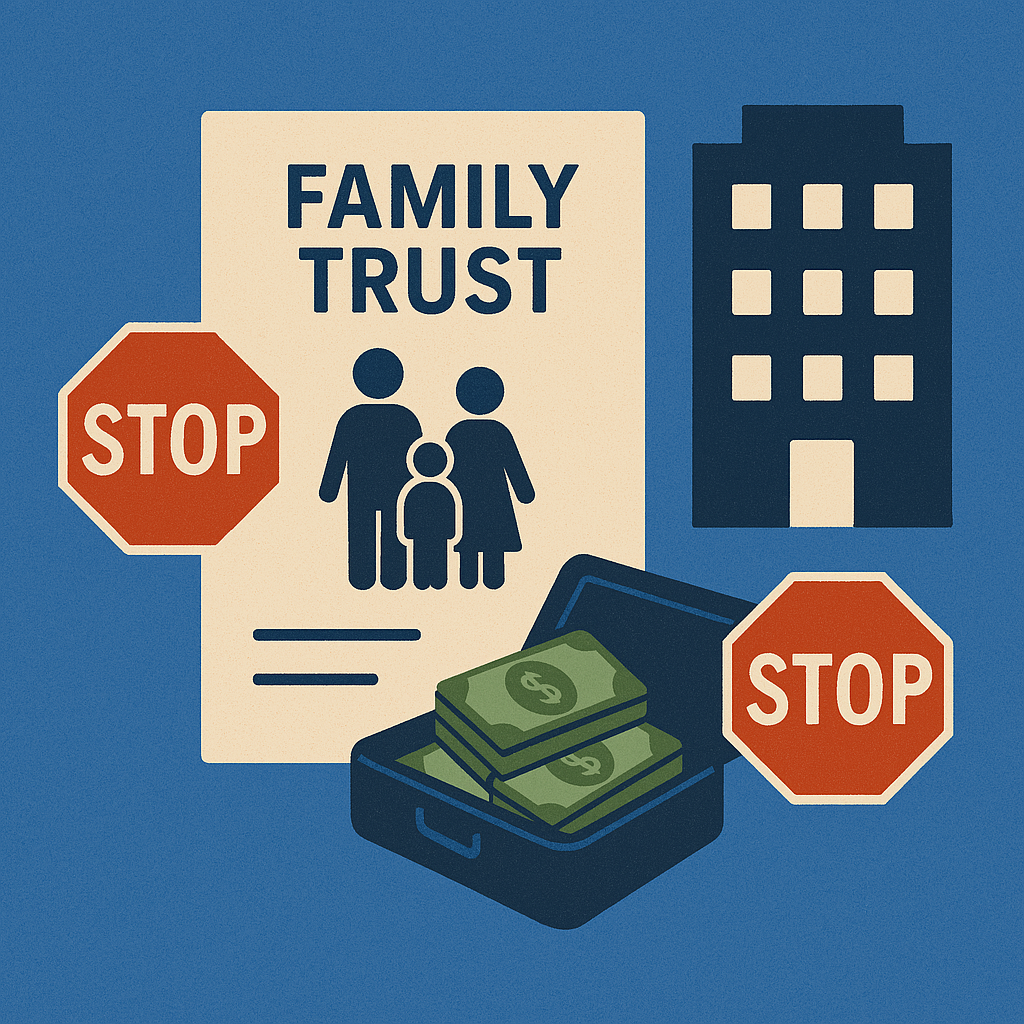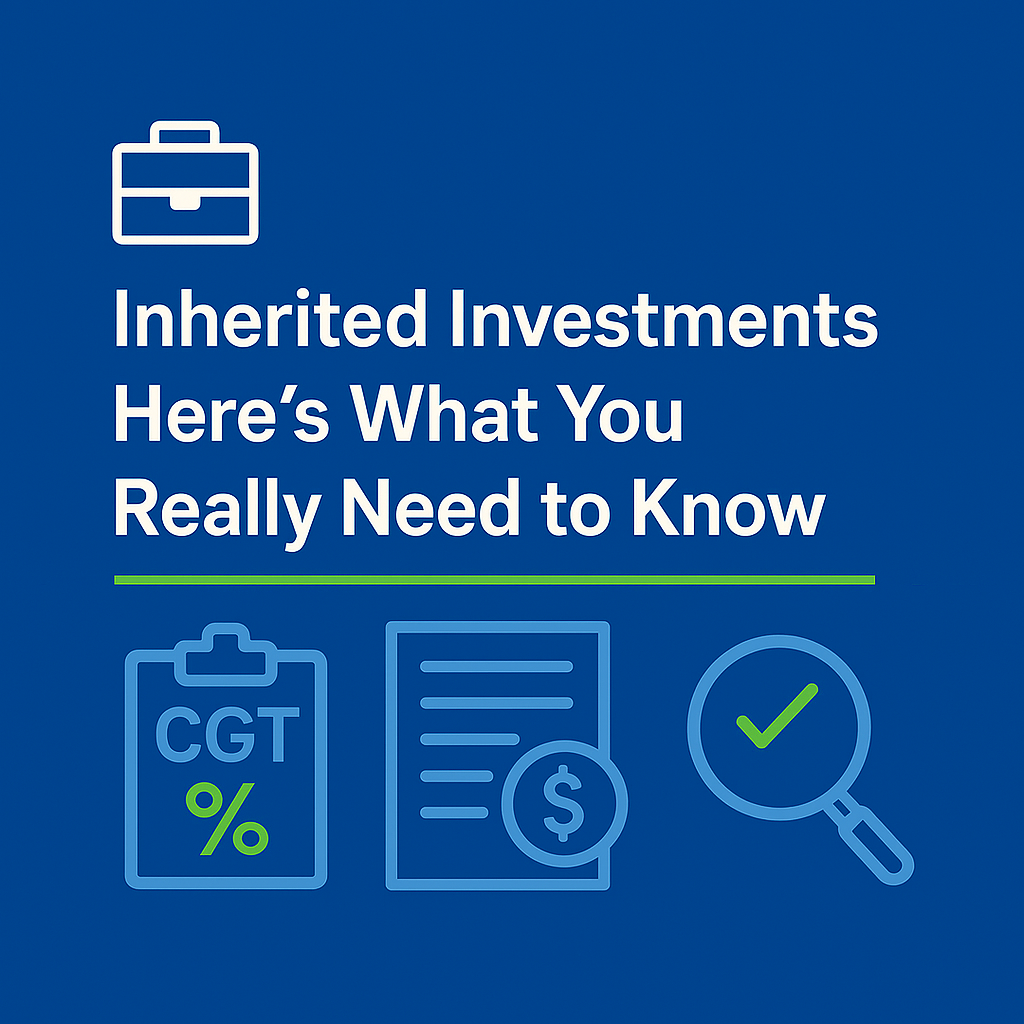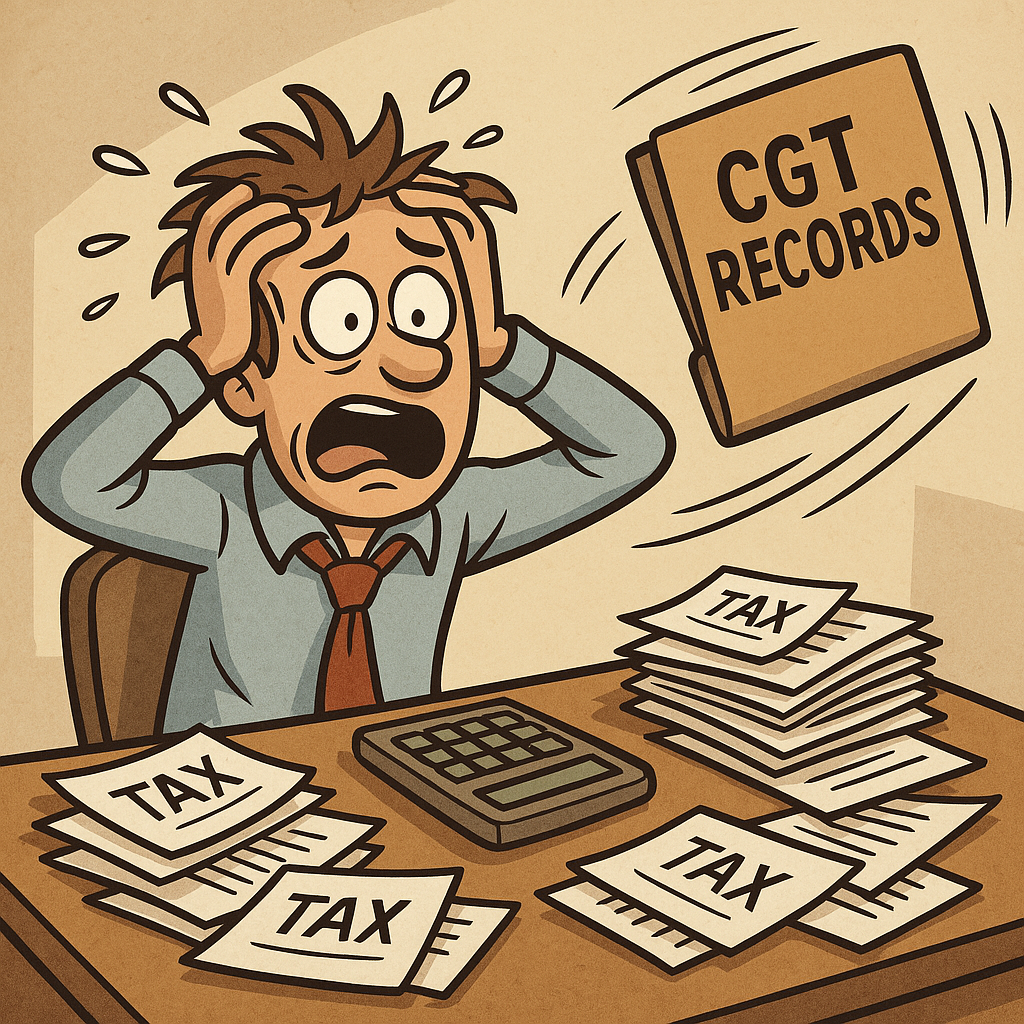Seven changes impacting your super in 2025
Superannuation rules are always changing, and 2025 is set to bring some updates that could affect your retirement savings. Whether you’re just starting to build your super or already planning for retirement, keeping up with these changes can help you make informed decisions. Here’s what’s on the horizon.
The government is looking at increasing taxes on large super balances. The proposal would add an extra 15% tax on the earnings of super balances over $3 million, starting from 1 July 2025. This has been a hot topic, with debates about whether the tax system for super is fair.
The proposal made it through the House of Representatives in 2023 but ran into problems in the Senate in late 2024. To pass, the government needs support from minor parties and independent senators, but many are pushing back against key parts of the plan, such as taxing unrealised gains (profits on investments that haven’t been sold) and not adjusting the $3 million threshold over time.
With a federal election coming up, it’s unclear if this tax change will go ahead. If it doesn’t pass soon, it may be delayed or scrapped altogether. The Senate will revisit the issue in February 2025, so we’ll have to wait and see what happens next.
2. Increase in employer superannuation guarantee contributions
A key change in 2025 is the rise in the super guarantee (SG), which is the portion of your wage that your employer must contribute to your super fund. From 1 July 2025, the SG rate will increase from 11.5% to 12%. While this might seem like a small increase, it can make a significant difference over time, helping your retirement savings grow. If you’re an employee, this means more money going into your super, but it’s also worth checking if it affects your overall salary package.
3. Potential increase to transfer balance cap
Although contribution caps increased in July 2024 due to inflation adjustments, they are not expected to rise again in July 2025.
However, the transfer balance cap (TBC) – which limits how much super can be moved into a retirement pension – will increase from $1.9 million to $2 million on 1 July 2025.
This change mainly affects people who haven’t yet started drawing a retirement income from their super. If you already receive a pension from your super, you might still benefit from a partial increase, depending on your individual circumstances.
4. Impact on total superannuation balance
As the TBC rises on 1 July 2025, the total super balance (TSB) limit will increase as well. This limit affects how much you can contribute to your super using after-tax dollars, known as non-concessional contributions (NCCs).
The expected increase in TSB thresholds will determine how much extra you can contribute, including whether you can use the bring-forward rule, which allows you to make larger contributions over a shorter period. The table below shows a breakdown of the expected limits for 2025.
| Current TSB threshold (2024-25) | Maximum NCC Cap | Maximum available NCC period | Expected TSB threshold (2025-26) |
|---|---|---|---|
| <$1.66m | $360,000 | 3 | <$1.76m |
| $1.66m - $1.78m | $240,000 | 2 | $1.76m - <$1.88m |
| $1.78m | $120,000 | 1 | $1.88m - <$2m |
| $1.9m | Nil | N/A | $2m or more |
As can be seen, if your TSB is below $1.76 million, you can contribute up to $360,000 over three years. However, as your TSB increases beyond this amount, the limit on how much you can contribute gradually reduces. Once your TSB reaches $2 million or more, you will no longer be able to make additional NCCs.
These changes may create opportunities for some individuals to grow their super, but it’s important to understand how the new limits apply to your personal situation.
1. New rules for older legacy pensions
In December 2024, the government introduced new rules to give people more flexibility in managing older “legacy pensions.”
For years, some retirees with lifetime, life expectancy, and market-linked pensions in self-managed super funds (SMSFs) have faced strict rules that made it difficult to change or adjust these pensions. These products can no longer be started in SMSFs, and many people have been stuck in outdated pensions that no longer suit their needs.
Previously, the only way to change these pensions was to convert them into similar products, which came with limits on how reserves could be allocated that did not count towards the member’s contribution caps.
But with the new rules now in place, people with legacy pensions have five years to review their options and make changes if needed. Since these decisions can be complex, it’s a good idea to speak with a financial adviser, especially one who specialises in SMSFs, before making any changes.
2. Improved super fund performance and transparency
Large APRA-regulated super funds are under pressure to deliver better performance and be more transparent with their members. In 2025, expect to see:
· Continued focus on underperforming funds: funds that don’t deliver strong returns may face more scrutiny or even be forced to merge.
· Better reporting on fees and investment performance: members should receive clearer information about where their money is invested and what fees they’re paying.
Comparing super funds has become easier, helping you make more informed decisions about where to keep your retirement savings.
3. Technology and digital innovation and super
Technology is playing a bigger role in superannuation, and 2025 will likely see more innovation. Super funds are investing in better online tools, mobile apps, and artificial intelligence to help members track their savings and make smarter investment choices. If you haven’t already, it’s worth exploring your super fund’s digital tools to take control of your retirement planning.
Final thoughts
Superannuation is a long-term investment, and small changes can have a big impact over time. With the start of a new year, take the time to review your super, stay informed about potential changes, and consider speaking to a financial adviser if needed. With the right strategies, you can make sure your super is working hard for your future retirement.











